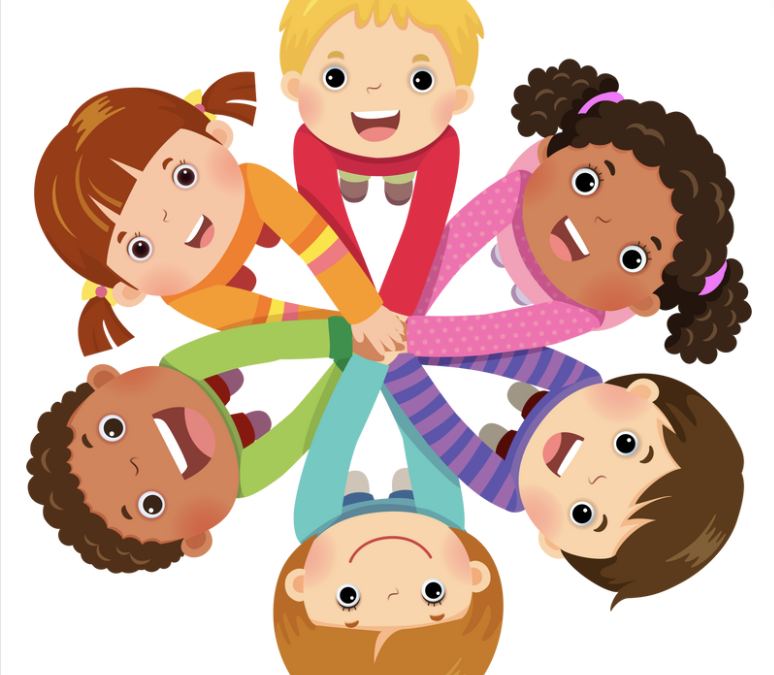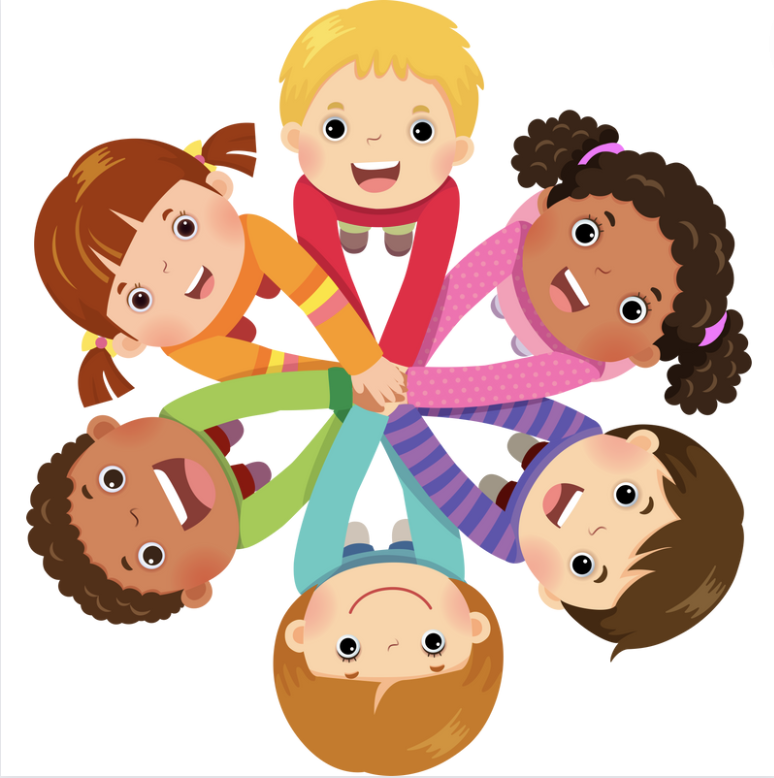
Understanding and Managing Challenging Behaviours in Children 2-3 years

The 2–3 year age range is a period of rapid cognitive, emotional, and physical development. Toddlers are learning to walk, talk and navigate their emotions which can lead to a range of behaviours.
Challenging behaviours in children are a normal part of their development, but they can be perplexing and stressful for both families and educators. These behaviours can vary depending on the context, and sometimes, you may notice a child exhibits challenging behaviours primarily in childcare settings but not at home, or vice versa. Understanding the reasons behind these differences and collaborating effectively can make a significant difference in helping children develop appropriate social and emotional skills. Here we explore the reasons behind context-specific behaviours and offer guidance on how families and educators can work together to support children’s growth and development.
Reasons influencing challenging behaviours.
- Social Dynamic Influences
- Children often behave differently in group settings like childcare due to unique social dynamics. They may experience competition for attention and resources, face sharing challenges, or attempt to fit in with peers. As a result, behaviours that aren’t typically seen at home may arise.
- Environmental Differences
- Childcare and home environments have distinct physical settings, rules, and routines. Children may react to these differences with behaviours that seem out of character. Different expectation in these environments can prompt children to test boundaries or act out.
- Peer Influence
- Children are highly influenced by the behaviours of their peers. If they observe challenging behaviours in their childcare peers, they may be more likely to imitate these behaviours.
- Transitions and Changes
- Transitions from home to childcare can be challenging for some children. They may grapple with adjusting to a different environment, separating from parents, and dealing with different routines, leading to temporary behavioural challenges.
- Attention Seeking
- Children may employ challenging behaviours to gain attention or express their needs. In a group setting like childcare, children might perceive these behaviours as more effective in getting attention from caregivers / peers.
- Peer conflict
- Conflicts with peers can arise in childcare settings, potentially resulting in challenging behaviours like aggression or defiance. Such conflicts may not be as frequent or intense at home, where there are fewer children to interact with.
- Stress and Fatigue
- The demands of the childcare environment can lead to stress or fatigue in some children, contributing to challenging behaviours that are less evident at home.
In the childcare setting, educators have a significant role in guiding the children’s behaviour through –
- Observation – paying close attention to individual needs and behaviours.
- Structuring environments – creating stimulating environments to encourage exploration and learning.
- Modelling behaviours – modelling appropriate behaviours and social skills.
- Teaching conflict resolution – teaching conflict resolution skills and guiding sharing and turn taking.
- Collaborating with families – maintaining open communication with families.
Educators and Families working together to guide challenging behaviour is the best approach to correcting the behaviour in a calm and empathetic manner. This can be achieved through:
- Communication – educators and families communicating openly about the child’s behaviour, sharing observations and strategies that work.
- Consistency – Ensuring behaviour management strategies are consistent across the home and childcare setting.
- Positive reinforcement – praise and reinforce positive behaviours to encourage their continuation.
- Problem-Solving – educators and families working together to address specific challenging behaviours, develop strategies, and set realistic goals for improvement.
- Professional guidance – seek professional help if challenging behaviours persist despite collaborative efforts.
Challenging behaviours in children can vary between childcare and home due to a range of factors, but understanding these differences and acknowledging they are age appropriate, and part of development is significant in supporting the children. By working together, educators and families can provide a consistent and supportive environment for children to learn appropriate social and emotional skills.

Recent Comments